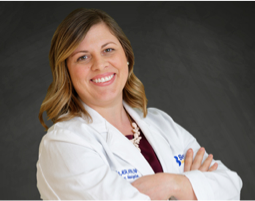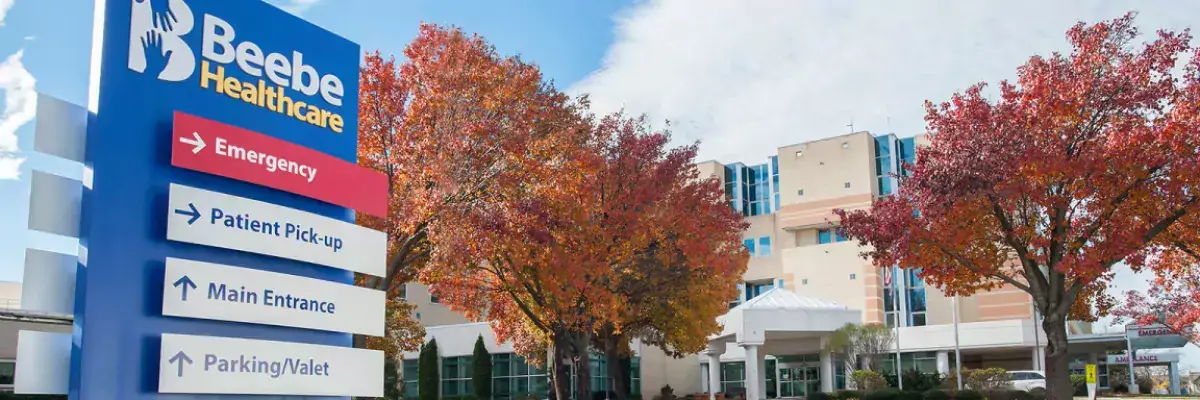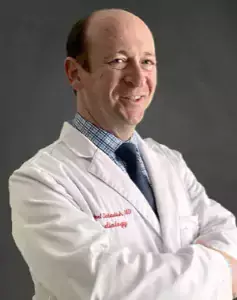State-of-the-Art Intervention
Electrophysiology, or EP, is a branch of cardiology that deals with the diagnosis and treatment of heart rhythm disorders. A cardiac electrophysiologist is not your primary healthcare provider. This doctor only works with patients who need special heart-related care. A physician may refer a patient to a cardiac EP if the patient has symptoms of heart rhythm problems. These may include dizziness, fainting, and fluttering feelings in the chest. Patients may also see a cardiac EP if they have risk factors for dangerous arrhythmia, such as heart disease.
Beebe Healthcare operates a state-of-the-art Interventional Cardiology Lab at the Margaret H. Rollins Lewes Campus. This lab allows our electrophysiology team to provide advanced care in an outfitted procedure room.
Using the Latest Techniques to Correct Heart Arrhythmias
Arrhythmias (irregular heartbeat), such as ventricular tachycardia (VT) and atrial fibrillation (AFib), can be serious and even life-threatening. They represent a common type of heart disease that interferes with the heart’s ability to pump blood throughout the body effectively. They can cause blood clots, heart attacks, stroke, and even death. In many cases, a heart rhythm problem is caused by a random event. For example, supra-ventricular tachycardia (SVT), “lone” atrial fibrillation in a healthy young person, and congenital atrioventricular block (or AV block) are considered hiccups of nature because they do not follow the general rule of heart disease affecting older adults.
Electrophysiologists treat these electrical diseases of the heart. Heart rhythm problems can also be caused by hardening of the arteries, heart attacks, long-standing high blood pressure, diabetes, sleep disorders and bad lifestyle choices.
Meet the Team
Beebe Provides Comprehensive Services
- Continuous cardiac monitoring with Zio® patch (www.irhythmtech.com)
- Tilt table testing
- Electrophysiology studies
- Evaluation of the effectiveness of heart rhythm medications
Types of treatments include:
- Pacemakers
- Implantable cardioverter defibrillators (ICD)
- Advanced devices for treating heart failure (Cardiac Resynchronization Therapy-CRT).
Radiofrequency catheter ablation to treat all different types of cardiac arrhythmias) with:
- Use of intracardiac echocardiography
- Use of transseptal access during complex cases.
- Use of 3-D electro-anatomical mapping system of the heart that allows the electrophysiologist to identify the source of the irregular heartbeat.
ASK THE NURSE NAVIGATOR
Hi, I'm Carrie Snyder, Nurse Navigator at Beebe Healthcare. I serve as a resource for community members to help guide them on their healthcare journey. If you have questions , please use this form to send me a message!



